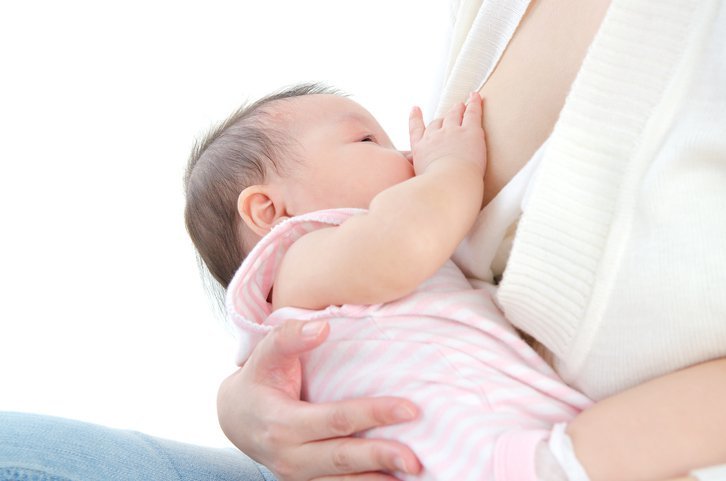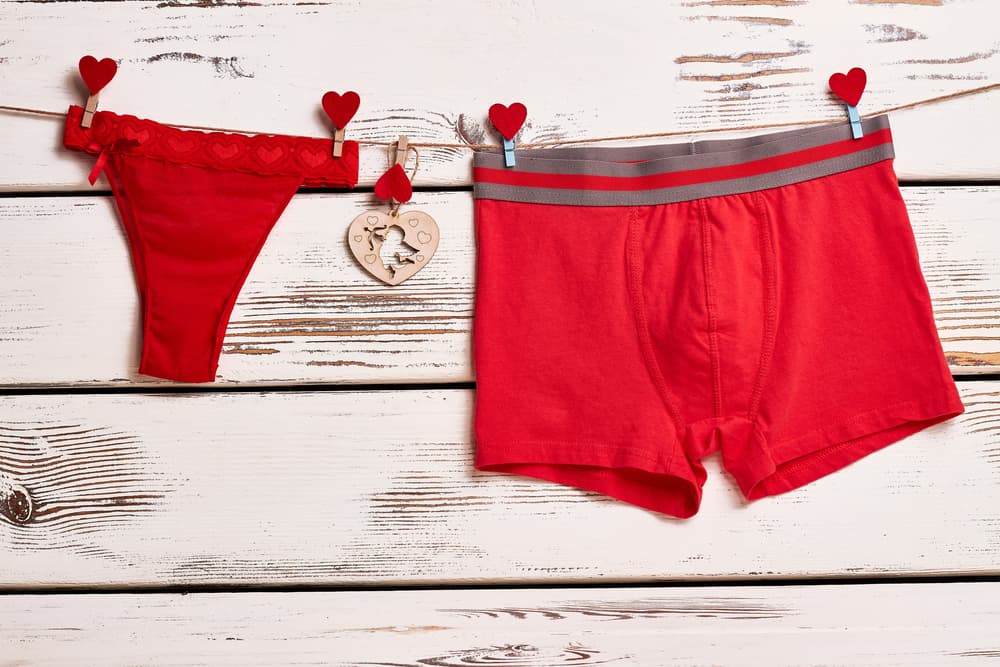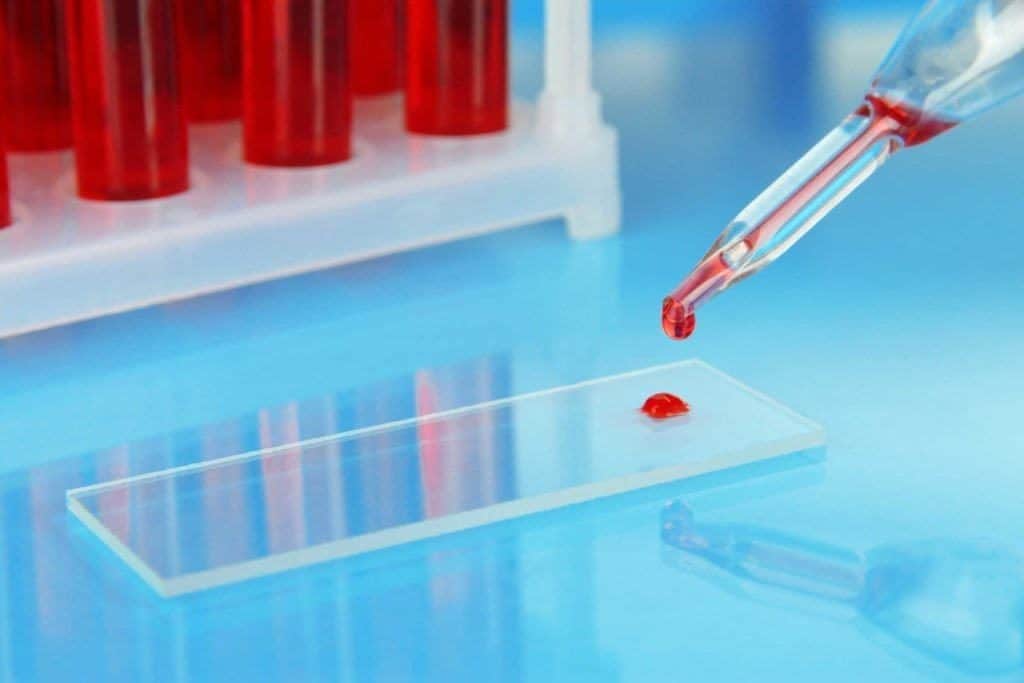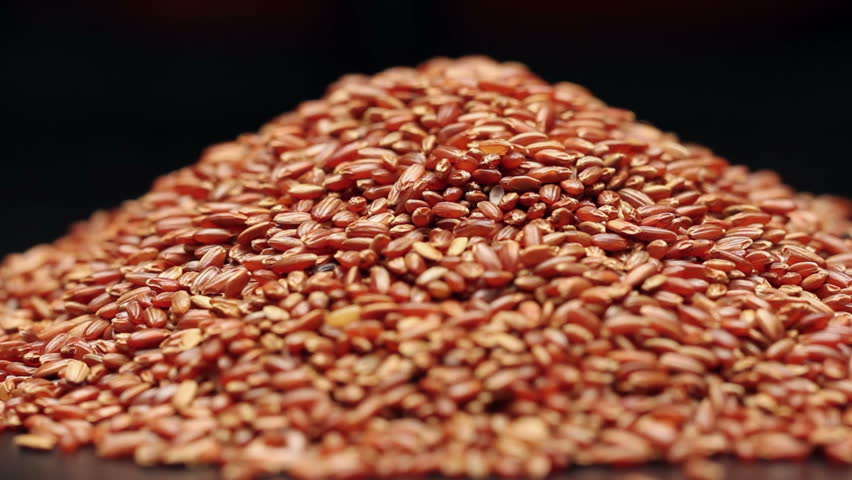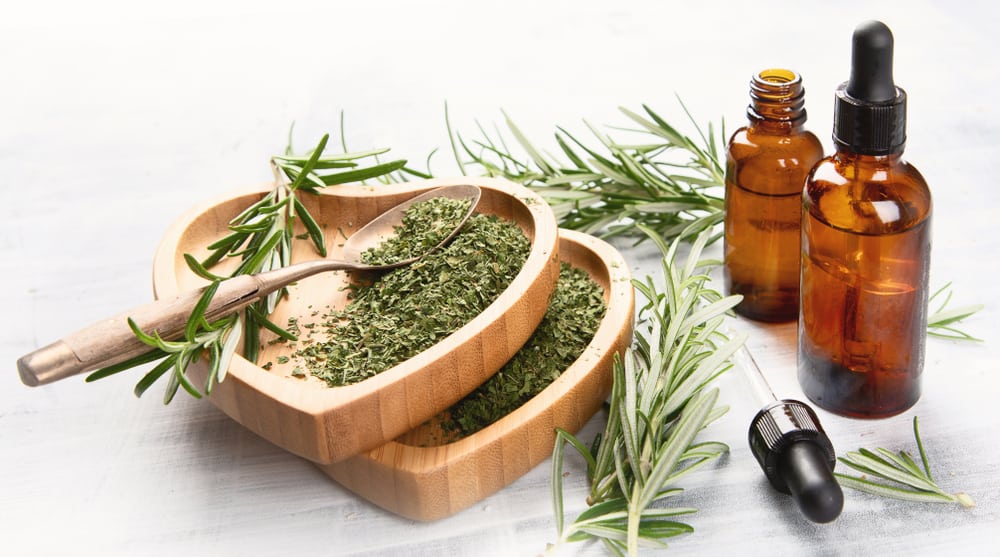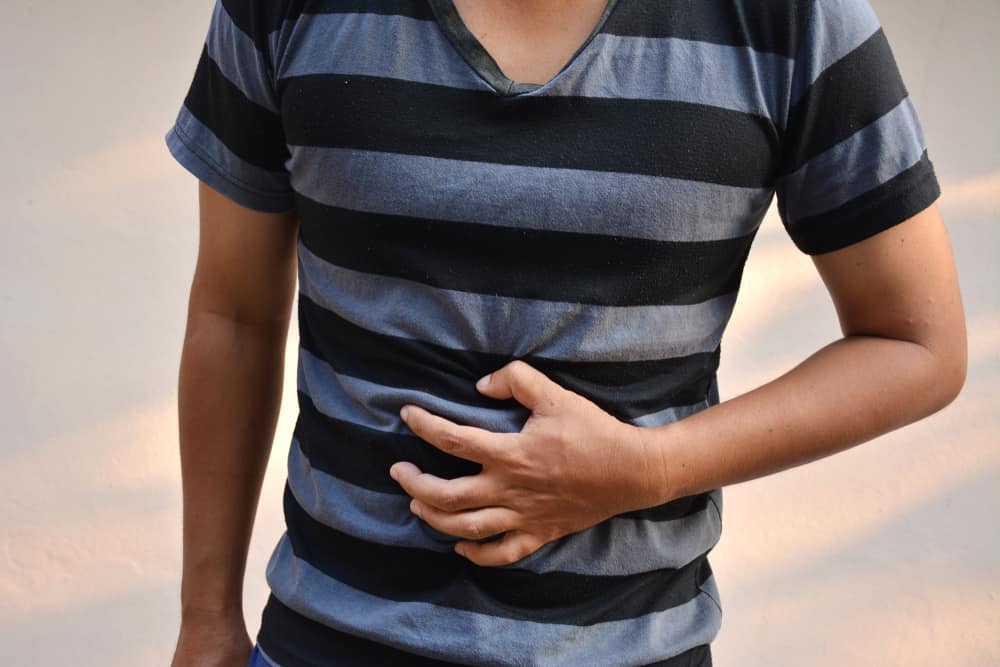Contents:
- Medical Video: BREASTFEEDING TIPS & ESSENTIALS THAT I WISH I'D KNOWN
- Myth 1: Small breasts will produce less milk
- Myth 2: Babies suckle more often means that they don't get enough milk
- Myth 3: Breast milk contains fewer nutrients after the first year
- Myth 4: Both mother's breasts should be offered to the baby while breastfeeding
- Myth 5: The longer you feed your baby, the harder it will be for the baby to be weaned
- Myth 6: Don't wake a sleeping baby to suckle
- Myth 7: Breastfeeding will change the shape of your breasts
- Myth 8: Resting your breasts can help produce more milk
- Myth 9: Breastfeeding can prevent pregnancy
- Myth 10: You should not breastfeed if you are sick
Medical Video: BREASTFEEDING TIPS & ESSENTIALS THAT I WISH I'D KNOWN
Just as when pregnant, even when breastfeeding, many people forbid and advise you to do something that has become a habit. Whether true or not, but this habit has been passed down through generations so many nursing mothers keep following it. The following are things that are usually done by nursing mothers according to the habits that exist in their environment. Right, or just a breastfeeding myth?
Myth 1: Small breasts will produce less milk
If small breasts produce less milk, then large breasts produce more milk. However, unfortunately this is only myth. Mother's milk is not dependent on the size of the mother's breast. Small breasts are also very capable of producing a lot of milk, just like larger breasts. Tissue in the breast will grow and develop since pregnancy, so that when the baby is born, the mother's breast can produce milk to breastfeed the newborn baby.
Myth 2: Babies suckle more often means that they don't get enough milk
Breast milk is the baby's main food until he is around 6 months old. Newborns will usually suckle more often and will decrease in frequency as the baby grows older, this is normal. If the baby suckles more often it does not mean the baby is less breastfed. This is only myth. Breast milk is more easily absorbed by the baby's digestive system, so breast milk babies feel hungry faster than infant formula milk.
Myth 3: Breast milk contains fewer nutrients after the first year
Of course, this is only too myth. Mother's milk still provides good nutrition until the baby's age is more than one year. However, because babies continue to grow big, baby's nutritional needs also become more numerous. When the baby is more than 6 months old, breastfeeding alone is not able to meet the needs of the baby.
Therefore, babies need to be given complementary food for breast milk (MPASI). However, breastfeeding is still needed when the baby is more than one year old. At this time, breast milk can still provide essential nutrients for babies that cannot be found in food, such as nutrients for brain growth and antibodies to strengthen the baby's immune system. It takes two to six years until the baby's immune system is truly perfect.
Myth 4: Both mother's breasts should be offered to the baby while breastfeeding
In the first weeks after giving birth, the mother usually offers both breasts while breastfeeding to help the breast produce breast milk. However, it is important for the baby to spend all milk on one breast when breastfeeding, after which the new baby can move to the other breast. This makes the baby more satisfied after breastfeeding. However, it does not matter if the baby is full on one breast and does not move to the other breast at one feeding. However, at the time of subsequent breastfeeding, you should offer the other breast baby. So, offer both breasts at one feeding only myth.
Myth 5: The longer you feed your baby, the harder it will be for the baby to be weaned
In general, babies can be weaned when they are 6 months old. However, the development and readiness of babies to accept solid food varies. It's best to take the baby when he and you are ready. Do not be too fast or slow in weaning the baby. Weaning the baby is not at all related to the length of the breastfeeding baby, so this is just myth.
Myth 6: Don't wake a sleeping baby to suckle
Usually newborns sleep longer, so if the baby is left to sleep very long, maybe the baby will get less milk. Therefore, newborns who have slept long, precisely need to be awakened if you think your baby needs to be breastfed again. Newborns need to suckle 8-12 times a day. It is important for you to breastfeed according to the schedule so that the baby gets enough nutrients and also to maintain your milk production.
Myth 7: Breastfeeding will change the shape of your breasts
Changes in breast shape are not only caused by breastfeeding, but also because of your pregnancy. Age, gravitational effects, and weight can also affect the shape of the breast compared to just breastfeeding. After all, breast shape can always change after pregnancy. This change in breast shape is nothing compared to the benefits of breastfeeding for your breasts. Breastfeeding can protect your breasts from breast cancer, some studies have proven it.
Myth 8: Resting your breasts can help produce more milk
This is just myth. Actually, the more often you breastfeed your baby, the more milk your breast will produce. Conversely, if you think that your breast needs rest and you end up spending time breastfeeding your baby, then your milk production will actually decrease. We recommend that you feed your baby or your breast milk regularly so that your milk supply remains smooth.
Myth 9: Breastfeeding can prevent pregnancy
Breast milk can prevent pregnancy by 98% effectivelyif You are exclusively breastfeeding, the baby is less than 6 months old, and if your menstrual period has not returned (lactation amenorrhea method). The hormones involved in breastfeeding can prevent ovulation, which can hinder your ability to get pregnant again for several months after giving birth. However, if you have had another menstrual period after giving birth, you need contraception to prevent pregnancy. It is best to consult with your doctor what contraception is safe to use while you are breastfeeding, if you do not plan to become pregnant again.
Myth 10: You should not breastfeed if you are sick
This is only too myth. Stopping breastfeeding while you are sick will only interfere with your breastfeeding. This will not protect your baby from disease, which you think can be transmitted from you. Instead, by continuing to breastfeed your baby when you are sick, you help your baby stay healthy by flowing antibodies in the milk to your baby's body.
READ ALSO
- Harmful If You Drink Alcohol When Breastfeeding?
- Let-Down Reflex: The Key to Success in Breastfeeding
- Is Breastfeeding Really Preventing Breast Cancer?

